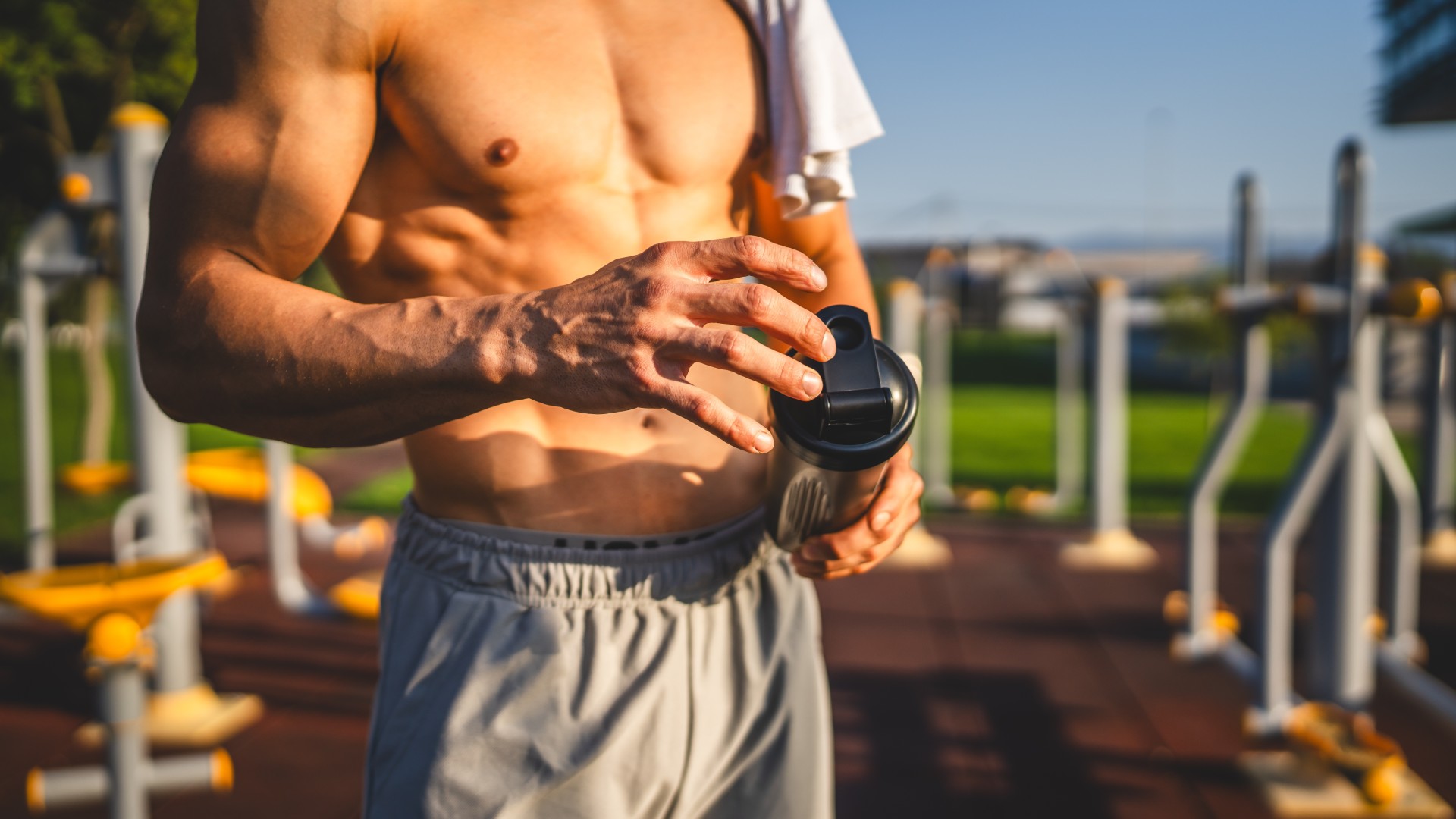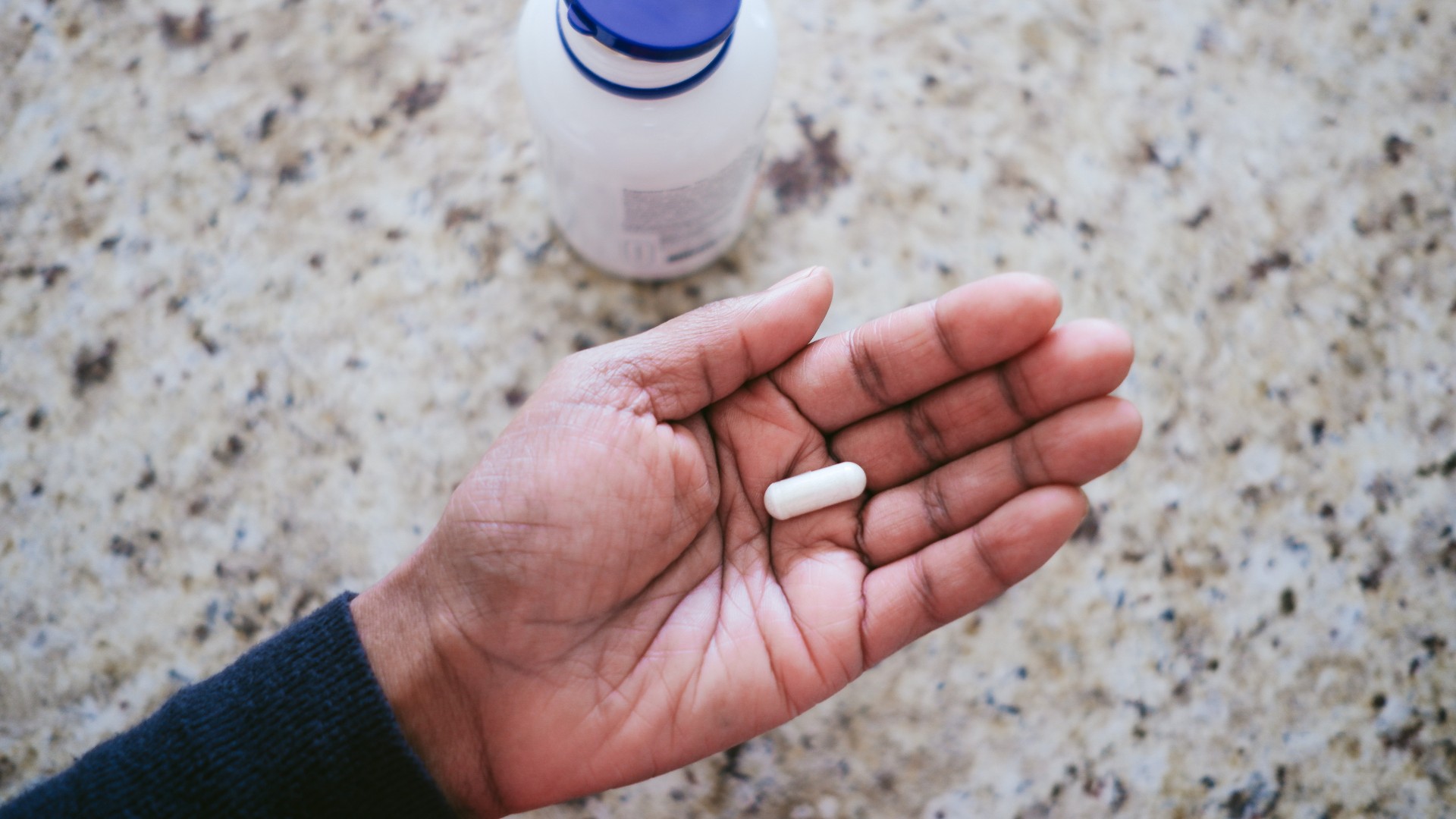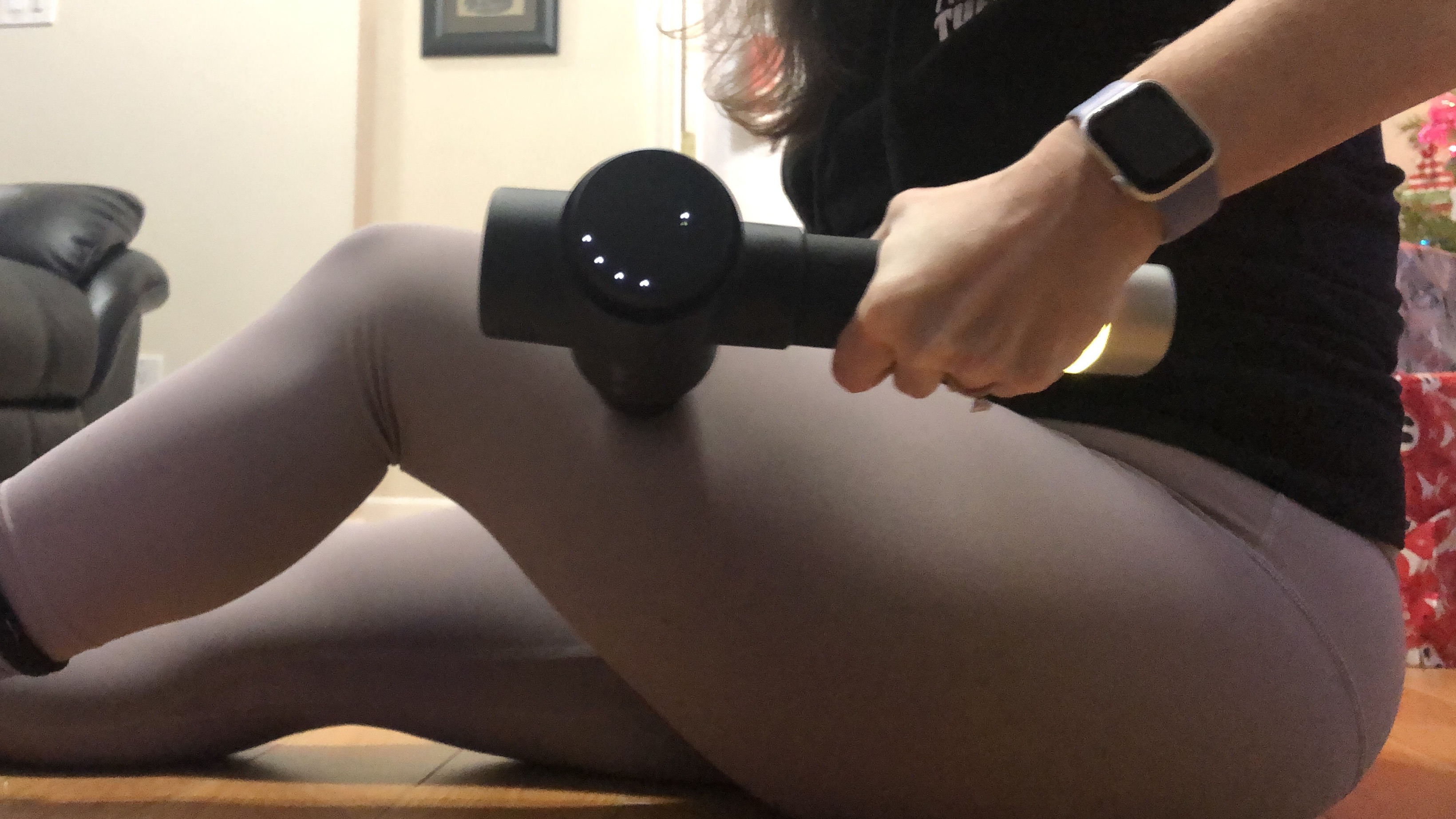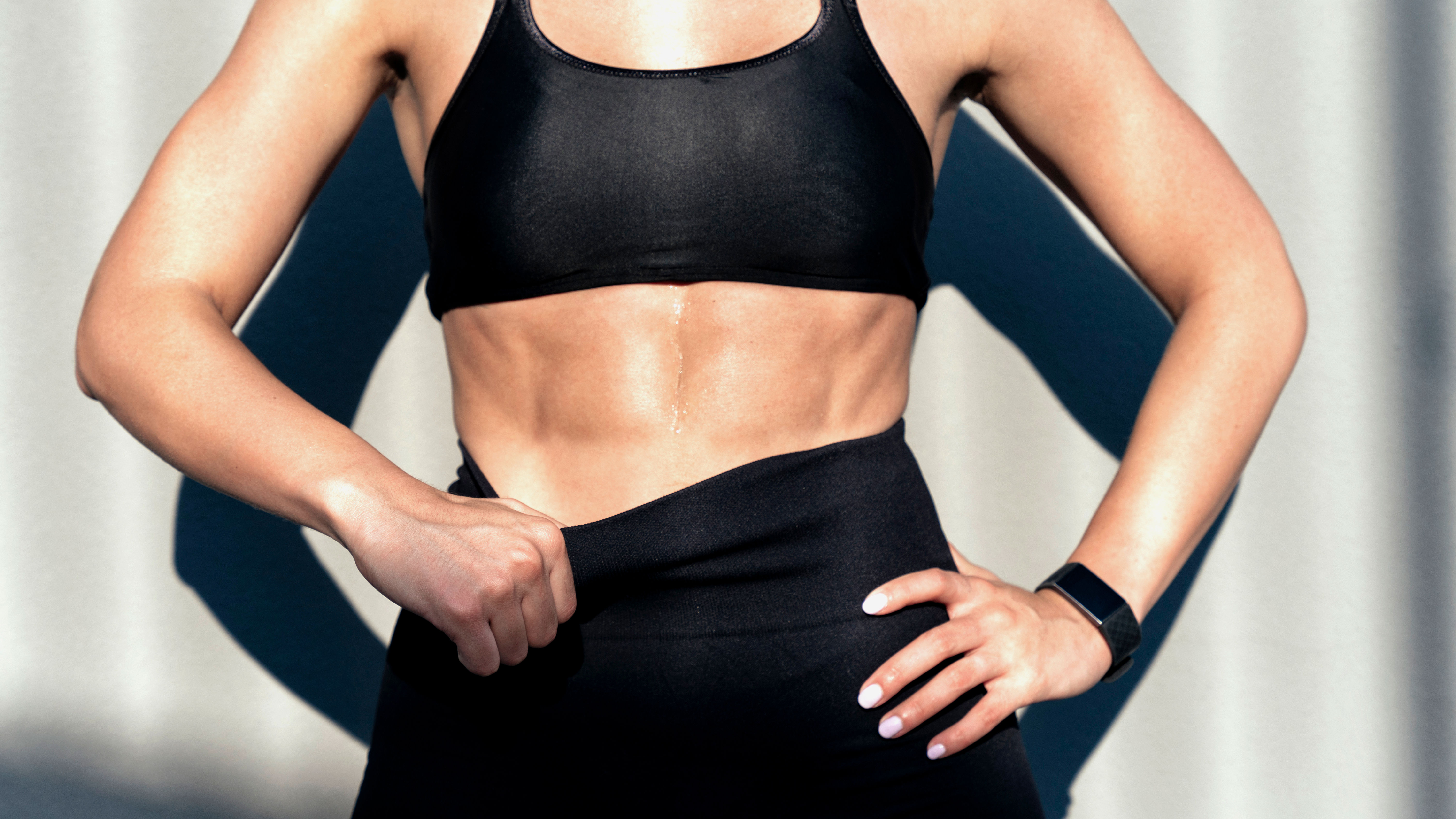
In my 20s, after a busy day of work. I’d happily head to the gym for an evening high-intensity workout, then wonder why just an hour or two later, I couldn’t sleep. In my 30s, I’ve learned that, depending on the workout routine, exercising close to bedtime won’t boost my sleep.
Over the years, from personal experience and as a trainer, I’ve also learned how important recovery is. Not just for your muscles and joints, either, but for your mind, sleep and overall wellbeing. Sometimes, even the best mattress won’t help you reach a deep, peaceful night’s sleep without a sound recovery and evening routine.
A lot happens to your body when you exercise, before, during and after. For that reason, I’m sharing three science-backed methods for recovery that may help boost sleep for you, and why the experts recommend them. Here they are.
Move your workout
Guess what? Experts say this is what to do if you can’t sleep after a workout: move it.
Well, depending on the workout, of course.
Some exercise methods performed close to bedtime, like stretching or yoga, may help improve sleep hygiene, while others, such as high-intensity training, could disrupt sleep. If you plan to do any intense workouts, shifting them to even an hour or two earlier in the day could be a fix worth trying.
If you plan to do any intense workouts, shifting them to even an hour or two earlier in the day could be a fix worth trying.
There are many benefits to morning exercise, including better focus, energy, decision-making and mood. It makes sense; think about that powerful release of dopamine, endorphins and oxytocin. Others find it helps them stick to a more consistent routine, as their workout becomes a priority first thing in the morning.
Get instant access to breaking news, the hottest reviews, great deals and helpful tips.
While the exact best time to exercise for sleep might depend on who you talk to, there’s a resounding agreement that the release of endorphins, adrenaline and cortisol from exercise like weightlifting or running could increase alertness and delay sleep latency.
I’m a night owl, so I can give myself a few hours to wind down after a late workout, but I now try to avoid high-intensity exercise in the evenings altogether. Research published in the Journal of Physiology suggests morning workouts shift the circadian rhythm, making you sleepier at night, so it could be worth a try.
Unsure what type of evening movement to try? A low-impact Pilates routine or yoga workout could help you relax and shift into your rest-and-repair nervous system state, known as the parasympathetic nervous system. In fact, this type of yoga twice a week for better sleep is backed by a new study.
Try magnesium

At Tom’s Guide, we’ve had several conversations about the benefits of magnesium and whether it could boost sleep. I spoke with Rohini Bajekal, a certified nutritionist and board-certified lifestyle medicine professional, back in 2022, to answer the question: Does magnesium help you sleep?
At the time, Bajekal explained that magnesium is an abundant mineral that regulates processes like nerve and muscle function. Bajekal told us that magnesium has been found to support restful and restorative deep sleep by maintaining healthy levels of GABA (Gamma-Aminobutyric Acid), a neurotransmitter with “sleep-enhancing and stress-reducing effects,” and helps regulate your sleep-wake cycle.
On the flipside, Bajekal also explains that magnesium deficiency could disrupt nerve signaling and hormones such as melatonin, which regulate your cycle. Some studies would agree, showing an association between magnesium intake and sleep patterns in adults. Other research, published in the Department of Clinical Nutrition and Dietetics, found that 500mg of magnesium a day decreased insomnia scores.
Magnesium deficiency could disrupt nerve signaling and hormones such as melatonin.
My colleague takes magnesium for better sleep, namely magnesium glycinate, which has been shown to absorb more readily. However, it’s also crucial to speak with your physician or a registered dietician to decide if and how you should supplement, and whether you could hit your targets using your diet alone.
As to how much you take, seek advice. Intake depends on age, health conditions, sex and pregnancy.
For magnesium and muscle recovery, magnesium glycinate and citrate are cited as two of the best for improving muscle recovery and relaxing muscles. You can find infused balms, salts and supplements in your local stores, but I recommend doing your research into their effectiveness and dosage recommendations. And remember, relaxed muscles might help you sleep better, but taking magnesium for sleep and muscle recovery are two different modalities that may require different types of magnesium.
Consider recovery tech

Don’t worry, I’m not about to tell you that the best massage guns are going to pummel you and your muscles into a deep and soothing sleep. However, some of the alternative recovery tools we’ve tested at Tom’s Guide include other recovery techniques that have been shown (by science) to increase relaxation, boost energy, reduce muscle tension and soreness, and aid better sleep and recovery.
I can personally attest to the Eight Sleep Pod, which is essentially a mattress cover that personalizes your sleep routine to you and even has an app for sleep and recovery score daily insights, just like you'd find on your fitness tracker. Plus, it feeds hot and cold water into the mattress cover, allowing you to control the temperature on both sides of the bed. Pretty neat, right?
Aside from that, massage guns, ice baths and heat therapy all have unique recovery benefits that could help you switch off, unwind and relax; you might even find it a good time to practice some breathing exercises while you’re there. And let's face it, who doesn't enjoy a massage before bed?
The data tells us that heat therapy has better potential to aid muscle recovery over cold therapy, which could translate to better relaxation and reduced DOMS come bedtime. Whether or not that improves your sleep (it certainly does mine) is entirely personal, but applying heat to your body could be something worth trying.
More from Tom's Guide
Follow Tom's Guide on Google News and add us as a preferred source to get our up-to-date news, analysis, and reviews in your feeds. Make sure to click the Follow button!
- 5 things to avoid right before bed
- This is the best time to drink a protein shake
- New to weightlifting? I’m a coach, and these are the 5 dumbbell exercises I swear by for building strength and muscle

Sam Hopes is a level 3 qualified trainer, a level 2 Reiki practitioner and fitness editor at Tom's Guide. She is also currently undertaking her Yoga For Athletes training course.
Sam has written for various fitness brands and websites over the years and has experience across brands at Future, such as Live Science, Fit&Well, Coach, and T3.
Having coached at fitness studios like F45 and Virgin Active and personal trained, Sam now primarily teaches outdoor bootcamps, bodyweight, calisthenics and kettlebells.
She also coaches mobility and flexibility classes several times a week and believes that true strength comes from a holistic approach to training your body.
Sam has completed two mixed doubles Hyrox competitions in London and the Netherlands and finished her first doubles attempt in 1:11.
You must confirm your public display name before commenting
Please logout and then login again, you will then be prompted to enter your display name.
 Club Benefits
Club Benefits





